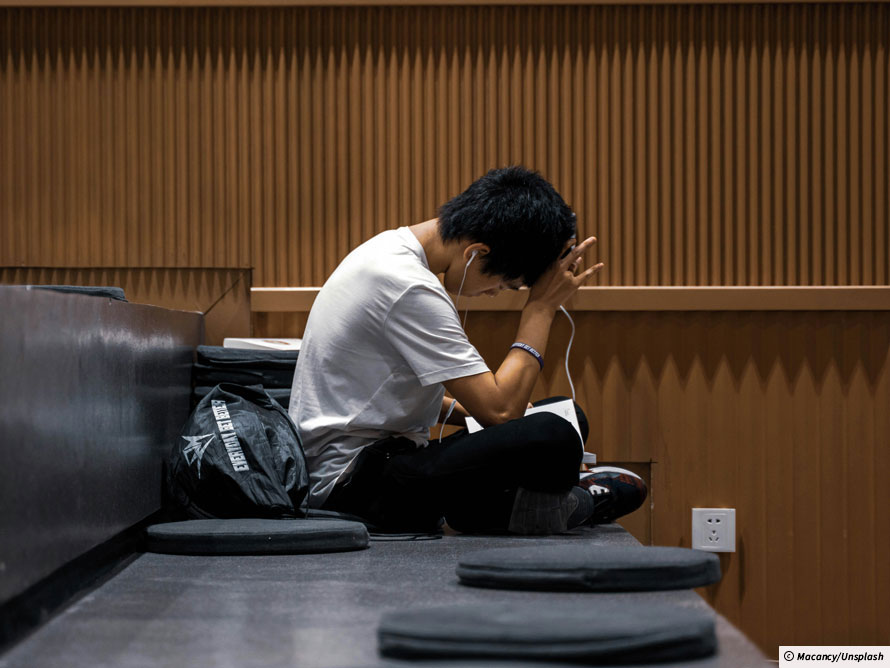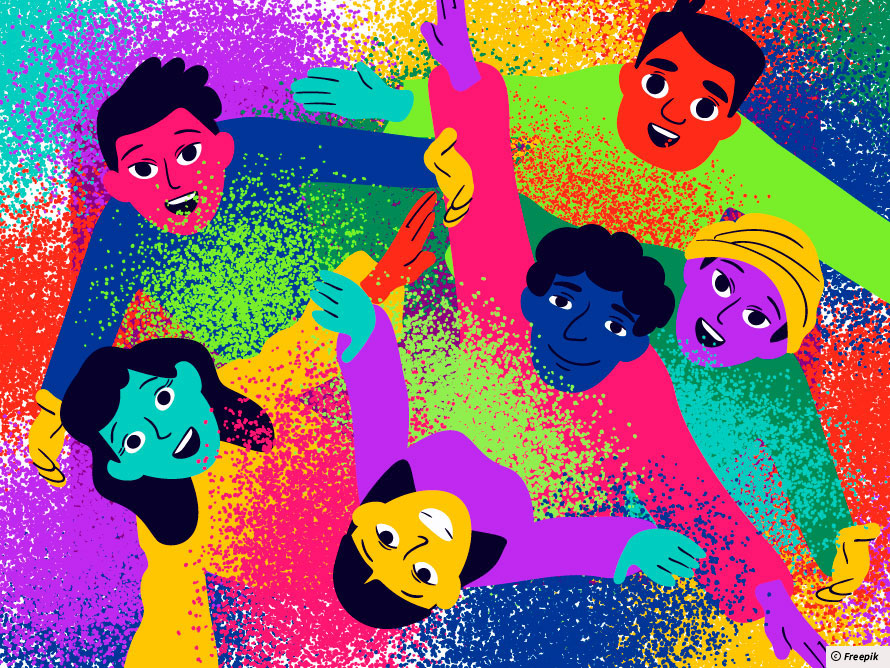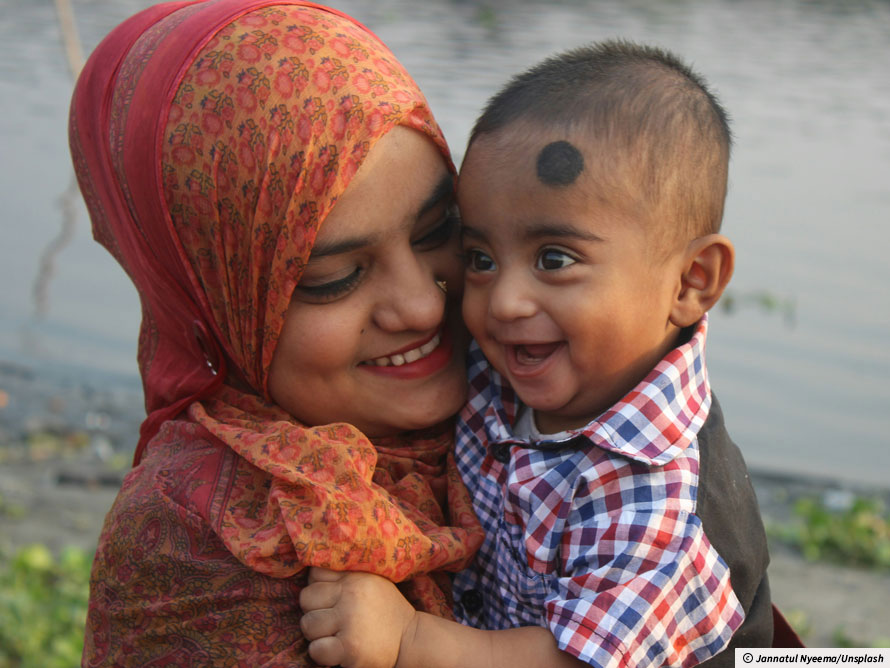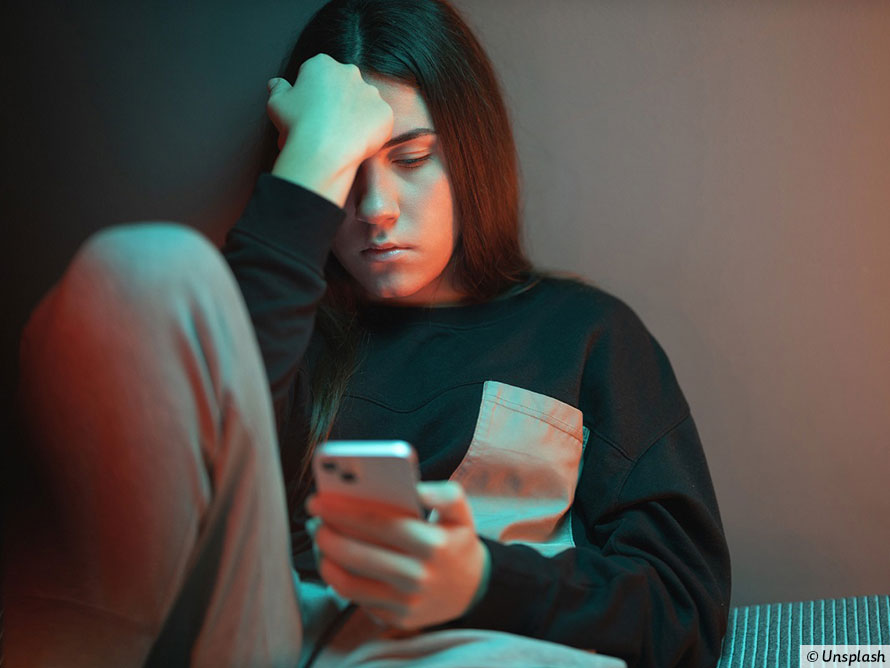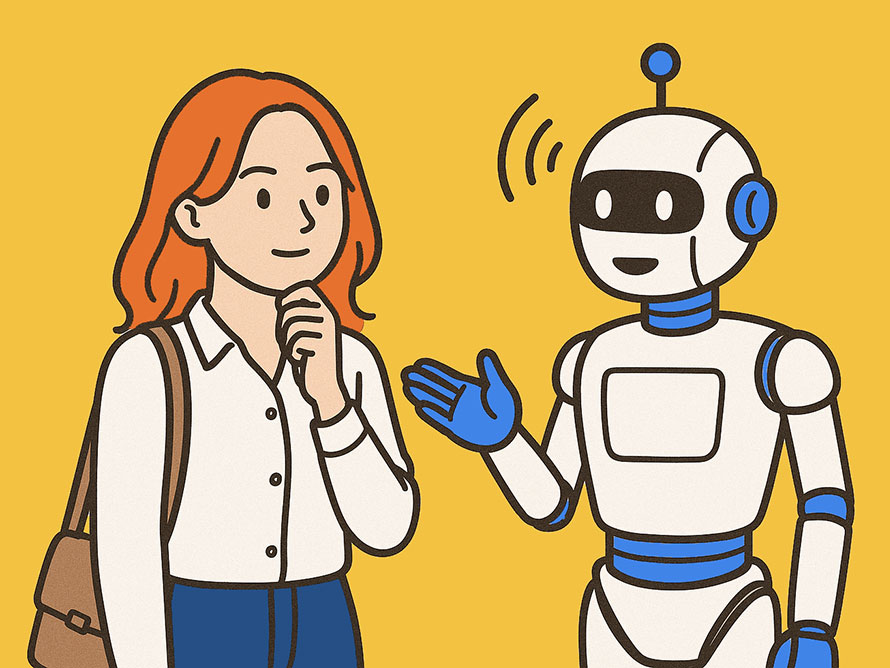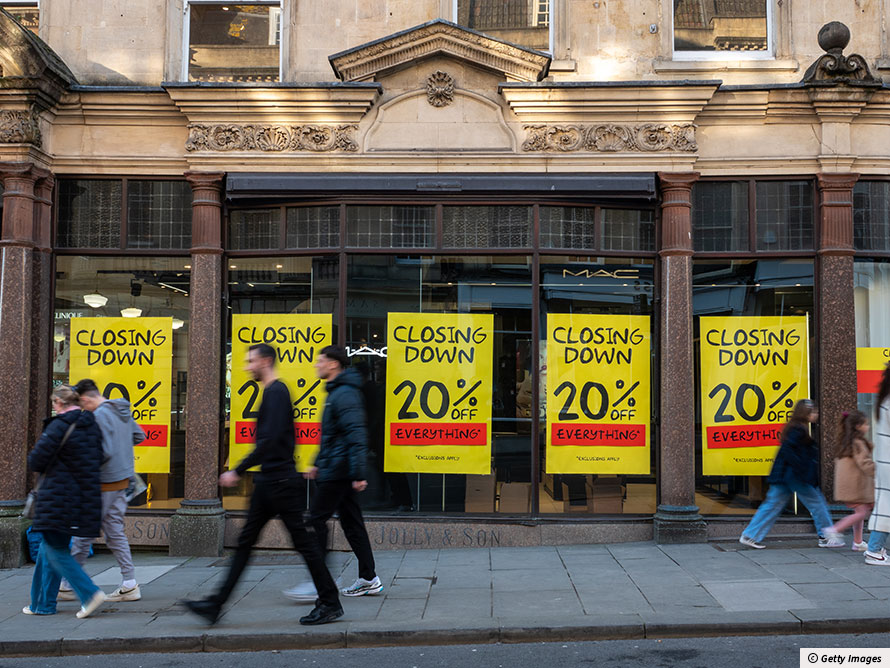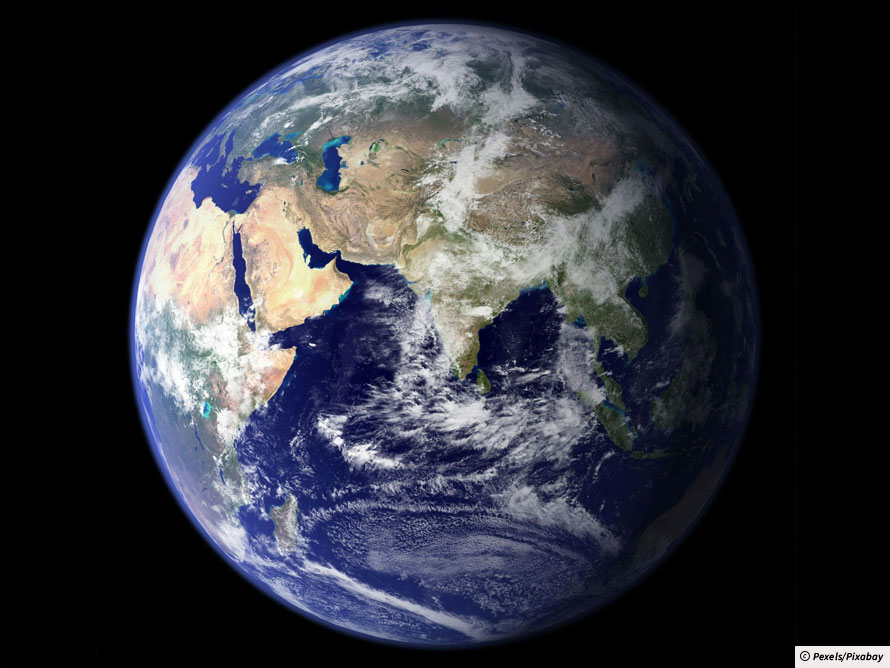We live in a world where every moment of our lives is turned into data. Technology companies sell us access to this data about ourselves. But Aishani Swain, 14, from Adani International School, wants to break free.
At 13, I strapped capitalismA form of economy characterised by private property and competition between companies. to my wrist and called it wellness.
I had begged for an Apple Watch for Christmas, not for time, but for control. I wanted my steps counted, my sleep tracked, my heart rate analysed, as if knowing the numbers would fix the noise in my mind. I didn’t realise then, I wasn’t chasing health. I was chasing certainty in a world that profits from my insecurity.
This is what biohacking looks like now, not cold labs or sci-fi implants, but sleek devices on teenage wrists. We track every breath, every beat, every calorie. We call it wellness. But it’s not about health anymore. It’s about productivity. It’s about compliance. It’s about selling the illusion that if we can measure enough, we’ll finally be enough.
My best friend cancelled lunch with me because her fasting app warned her she was “off track.” Another cried because her step goal hadn’t been met, even though she’d been mentally exhausted all day. Approximately over 45% of teens report anxiety tied to academic performance and self-monitoring tools like these.1 We’re not thriving. We’re performing. And we’re doing it for free, while billion-dollar corporations sell our health data behind the scenes.2
Wearables like Apple Health, Oura Ring, and Fitbit aren’t just tools. They’re part of a system that turns our bodies into dashboards. Apple alone collects over 150 types of health data³. Our rhythms become metrics. Our rest becomes a feature. We are taught to optimise before we are taught to understand ourselves. And it starts young.
The worst part? It’s called self-care. But self-care shouldn’t come with a subscription fee. It shouldn’t punish you for skipping a workout, or make you feel like failure is a feature you haven’t unlocked yet. A 2022 study found that around 62% of teens using wearables feel guilt when daily goals go unmet⁵.
Every buzz from my wrist used to feel like a gold star. Now it feels like a leash.
They say data is power, but not when it’s extracted from your skin and sold to the highest bidder. Not when it trains you to outsource your intuition to an algorithmAny set of rules followed by a computer. In the context of social media, “the algorithm” refers to the intelligent AI that learns the interests of the user and presents them with posts that it thinks will interest them.. Not when it replaces peace with pressure, and disguises surveillance as support. Experts warn this kind of data could one day be used to influence insurance and job decisions⁶.
I’ve started leaving my watch at home. I walk without counting. I breathe without graphs. It’s terrifying. And it’s freeing.
Because I don’t want to be a market. I don’t want my teenage years charted in sleep curves and calorie charts. I don’t want to be “better.” I want to be whole, messy, intuitive, human.
Biohacking promises to make us superhuman. But maybe being human was never the problem.
Maybe the real glitch is a world that taught us our worth could be measured in steps, stats, and silence.
And maybe the most rebellious thing we can do is to stop tracking and start listening.
Interested in submitting your own Student Voices article or video? Find out more here.
Keywords
Capitalism – A form of economy characterised by private property and competition between companies.
Algorithm – Any set of rules followed by a computer. In the context of social media, “the algorithm” refers to the intelligent AI that learns the interests of the user and presents them with posts that it thinks will interest them.
- https://pmc.ncbi.nlm.nih.gov/articles/PMC11683866/
- https://www.grandviewresearch.com/industry-analysis/wearable-technology-market
- https://www.apple.com/legal/privacy/data/en/health-app/
- https://www.mckinsey.com/industries/consumer-packaged-goods/our-insights/the-trends-defining-the-1-point-8-trillion-dollar-global-wellness-market-in-2024
- https://pmc.ncbi.nlm.nih.gov/articles/PMC4913493/
- https://www.oecd.org/content/dam/oecd/en/publications/reports/2024/03/digital-tools-for-health-and-wellness-in-insurance_4af9a59e/d3764184-en.pdf
Cite
While every effort has been made to follow citation style rules, there may be some discrepancies. Please refer to the appropriate style manual or other sources if you have any questions.


